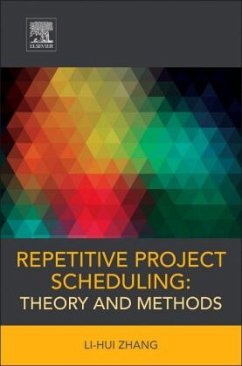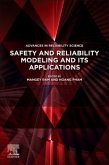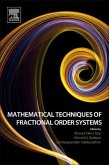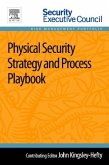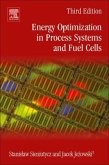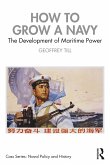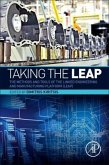Repetitive Project Scheduling: Theory and Methods is the first book to comprehensively, and systematically, review new methods for scheduling repetitive projects that have been developed in response to the weaknesses of the most popular method for project scheduling, the Critical Path Method (CPM).
As projects with significant levels of repetitive scheduling are common in construction and engineering, especially construction of buildings with multiple stories, highways, tunnels, pipelines, power distribution networks, and so on, the book fills a much needed gap, introducing the main repetitive project scheduling methods, both comprehensively and systematically.
Users will find valuable information on core methodologies, including how to identify the controlling path and controlling segment, how to convert RSM to a network model, and examples based on practical scheduling problems.
As projects with significant levels of repetitive scheduling are common in construction and engineering, especially construction of buildings with multiple stories, highways, tunnels, pipelines, power distribution networks, and so on, the book fills a much needed gap, introducing the main repetitive project scheduling methods, both comprehensively and systematically.
Users will find valuable information on core methodologies, including how to identify the controlling path and controlling segment, how to convert RSM to a network model, and examples based on practical scheduling problems.
